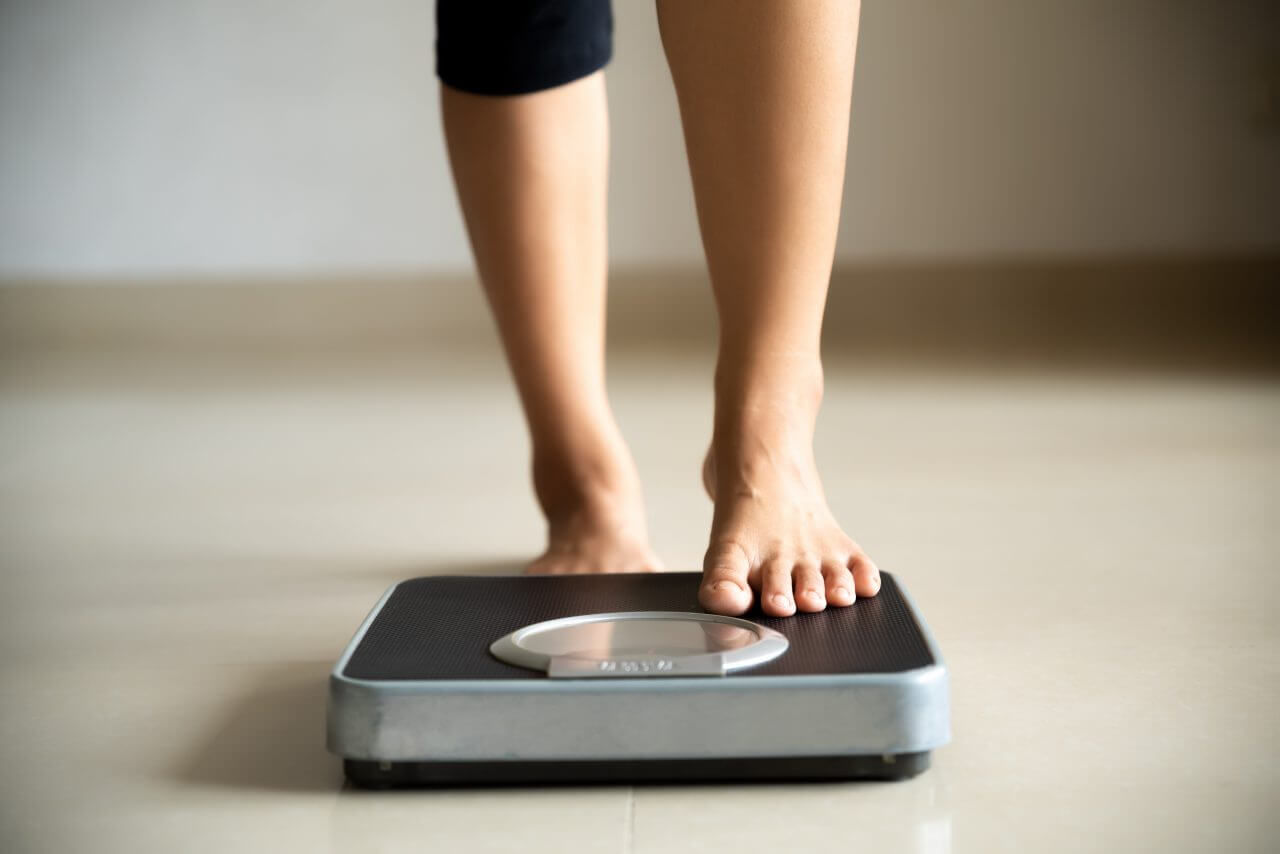How To Gain Weight

Clinically reviewed by Kathleen Stanley, CDCES, RDN.
The focus in weight management often is on how to lose weight. However, if you’re underweight, you may need information on how to gain weight.
It’s important to be intentional in how you add body mass. Specifically, your gain should include the right balance of muscle mass and subcutaneous fat. Eating foods high in calories but low in nutrition may lead to certain health problems, such as hyperlipidemia.
Who Needs To Gain Weight?
Some people are naturally underweight (defined as a body mass index or BMI under 18.5) due to a fast metabolism, genetics, or other causes. Others suffer from medical conditions such as:
- Thyroid problems
- Cancer
- Celiac disease
- Infections
- Autoimmune disorders
- Neurological disorders
And just like being overweight, being underweight increases certain health risks. People who are below their recommended BMI may develop health problems, including:
- Osteoporosis and fragile bones
- Fertility issues
- Delayed growth and development, particularly in children
- Weakened immune system
- Hair loss
- Muscle wasting
- Weakness of muscles
There are also people who aren’t technically underweight but want to increase their body mass and add muscle for other reasons. If weight gain is a goal for you and/or encouraged by your provider, it’s vital to gain weight in a healthy way.
Effective Strategies for Gaining Weight
There are several approaches you can take to gain weight. Some of the most effective weight-gaining strategies include:
- Increasing your overall caloric intake. To gain weight, you must consume more calories than you burn each day. Your doctor or dietitian can help you determine your caloric needs. You will need to consistently eat more than the amount of calories needed to maintain your current weight. This is individualized to each person based on their body dimensions, health condition, and activity level, among other factors. It’s not encouraged to make drastic changed to your diet without talking with a dietitian or your doctor.
- Eating more protein. Protein is essential for developing lean muscle mass. The Recommended Daily Allowance (RDA) of protein for healthy adults is 0.8 grams of protein per kilogram of body weight. Eating high-protein foods like eggs, lean meats, fish, dairy, and nuts, can help you get enough protein. Supplements can also be helpful if you struggle to get enough protein. Choose healthy ways to prepare protein foods like grilling, broiling, and baking.
- Eating more often. Consuming three meals a day of foods high in carbs, fats, and protein can help you gain weight. You should also consume snacks throughout the day, if possible.
- Consuming more energy-dense foods. Some people needing to gain weight benefit from focusing on energy-dense foods. These foods may fill you up quickly, but you can increase your appetite for them by adding condiments, sauces, and spices. Adding toppings can also increase the overall calorie count of a meal. Energy-dense foods include fats and oils, meats, nuts, high-fat dairy, dried fruit, peanut butter, dark chocolate, and avocados.
- Include Resistance Training. Adding total body resistance training a minimum of 2 times per week can help your body direct some of the extra nutrition to muscle building. This also helps improve risk for chronic disease, builds bone density, strengthens tendons and joins, and improves mood and cognition.
Other Tips for Gaining Weight
Getting calories whenever possible is crucial if you want to gain weight fast. These tips can help:
- Eat often, including both meals and snacks.
- Avoid drinking water before meals, as it takes up space in your stomach and may reduce your appetite.
- Use larger plates. Smaller plates tend to make people eat less.
- Eat the high-calorie foods on your plate first, followed by high-fiber items like vegetables.
- Add calorie-dense shakes to your meal plan.
- Quench your thirst with whole milk rather than water.
- Get plenty of sleep. It’s essential for muscle growth.
- Stop smoking, as smokers tend to weigh less than non-smokers.
Learn About Healthy Ways to Gain Weight
If you want or need to gain weight, your physician can help you find the right approach based on your current health and goals. If you don’t have a Baptist Health doctor, you can find one using our online provider directory.
Next Steps and Useful Resources
Find a Provider
Controlling Your Weight When Life Feels Out of Control
How Does Nutrition Affect Sleep?
Is Protein Powder Good for You?



